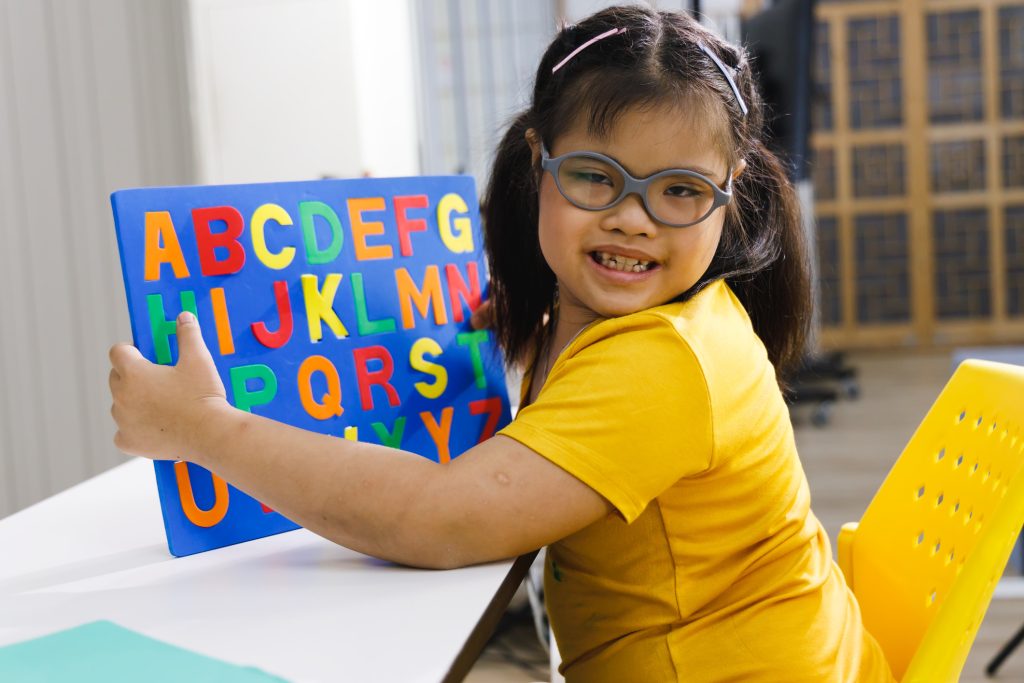- 01753 373 244 | 0800 999 1342 (Mon-Fri 9am-5pm)
- gems.4health@nhs.net
Being an ally to someone with autism or ADHD involves understanding, support, and advocacy. Here are some key tips to guide you in providing meaningful support:



Autism: or Autism Spectrum Disorder (ASD), is a complex neurodevelopmental condition that affects how people perceive the world around them, communicate, and interact with others. Some people with autism have a need for routine and structure. It can often present a wide range of strengths and challenges in areas like social skills, behaviour, and sensory processing.
Attention-Deficit Hyperactivity Disorder (ADHD): is a condition marked by inattention, hyperactivity, and impulsivity. This can make it difficult for the person to concentrate, stay organised, or regulate their energy and emotions throughout their day-to-day life.
You can find more information about autism and ADHD here:
Communication can be difficult for children with autism or ADHD, ask the child or their carer about their communication needs. Consider using visual aids and be happy to repeat yourself and rephrase things. You could try keeping communication simple and short and avoid sarcasm, idioms and hyperbole.
Remember, the child may not be ready to communicate with you, this isn’t personal and should be respected.
Embrace everyone and their differences. Avoid stigmatising language and attitudes. Celebrate the child’s unique strengths and talents.
Positivity can boost confidence and self-esteem.
Foster an inclusive and accepting environment. Be mindful of sensory sensitivities and create spaces where everyone feels comfortable and respected.
Provide or find a quiet space for them to go if they need to.
Be supportive rather than judgemental.
Recognise that everyone has unique strengths and challenges and offer assistance when needed without making assumptions.
Work with the child to advocate for their needs. Assist in navigating systems, institutions, or processes that may be challenging for them. It’s your role to amplify their voice, but not shout over it.
Encourage and support the child in learning and implementing skills. Give them confidence in their autonomy.
You can provide support when asked, such as helping with organisational tasks, offering a quiet space, or assisting in navigating social situations.
The ability to adapt and change is key.
Plans, environments and routines may need to be adjusted to accommodate the person’s preferences and needs.
Challenge stereotypes and misconceptions about autism and ADHD.
Actively promote a more inclusive and understanding community. Share what you have learnt with others.
Respect the individual. Listen to their desires, respect when and how they want your support.
Respect their need for personal space and time alone. Be mindful of their comfort levels in social situations.